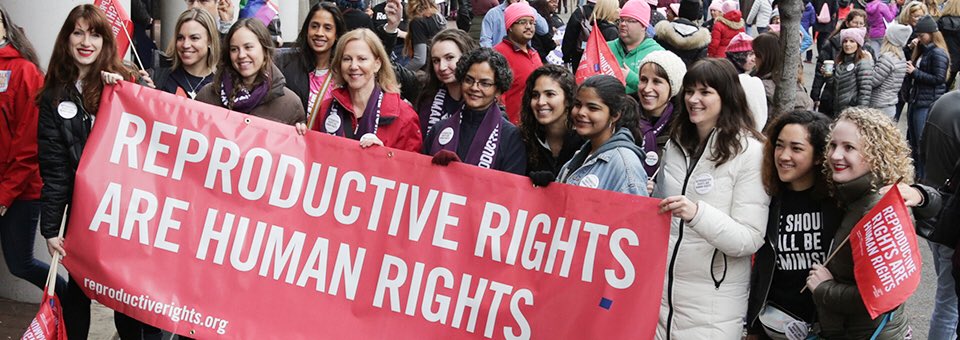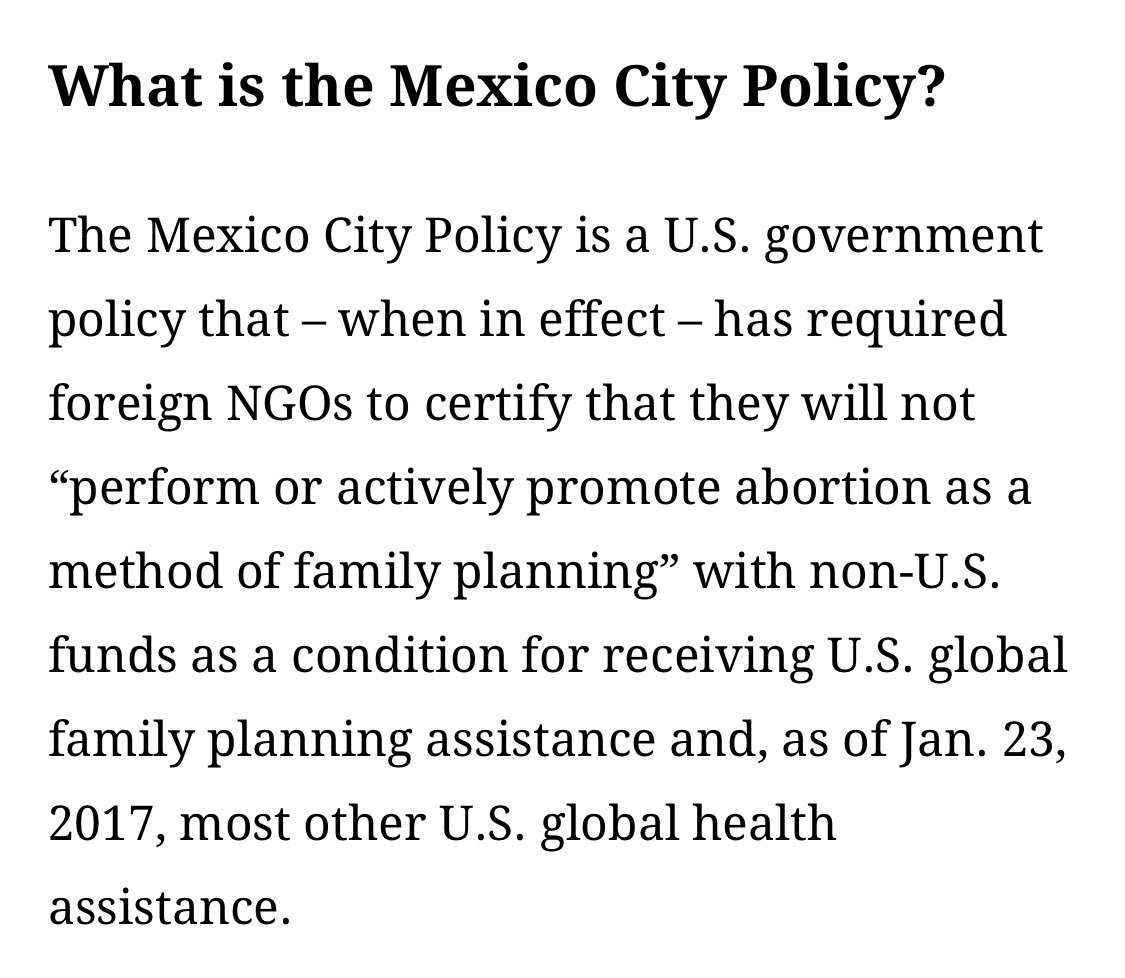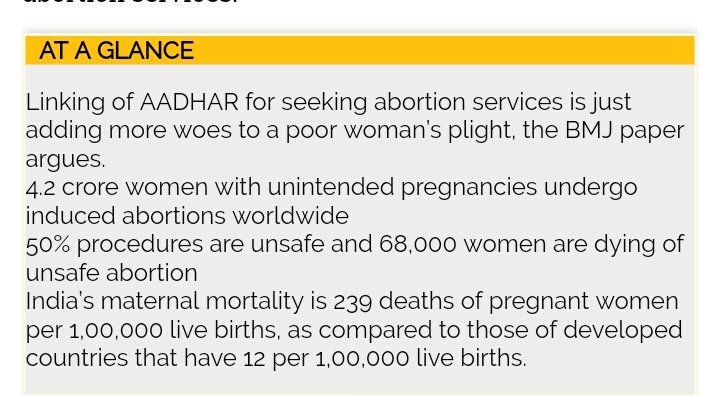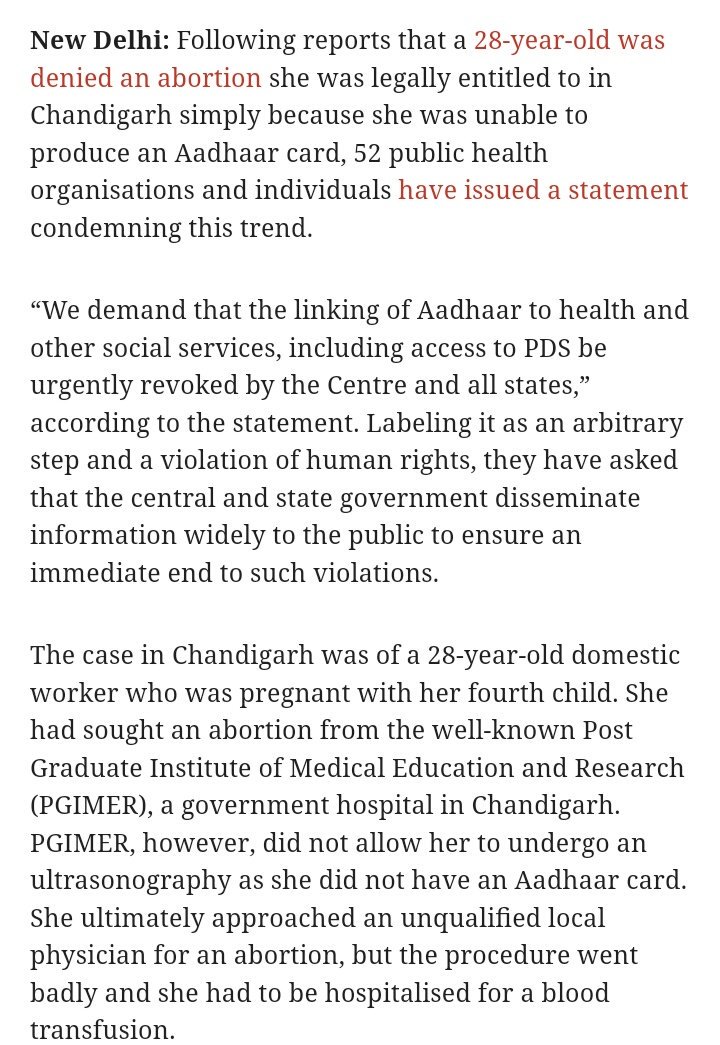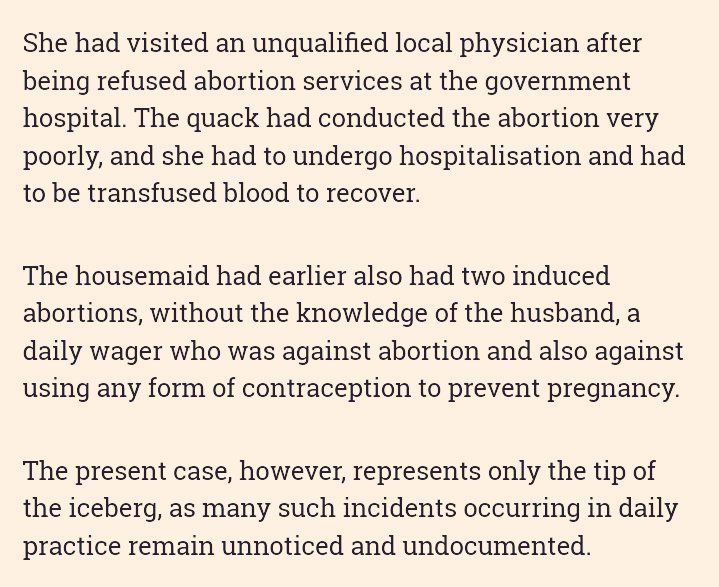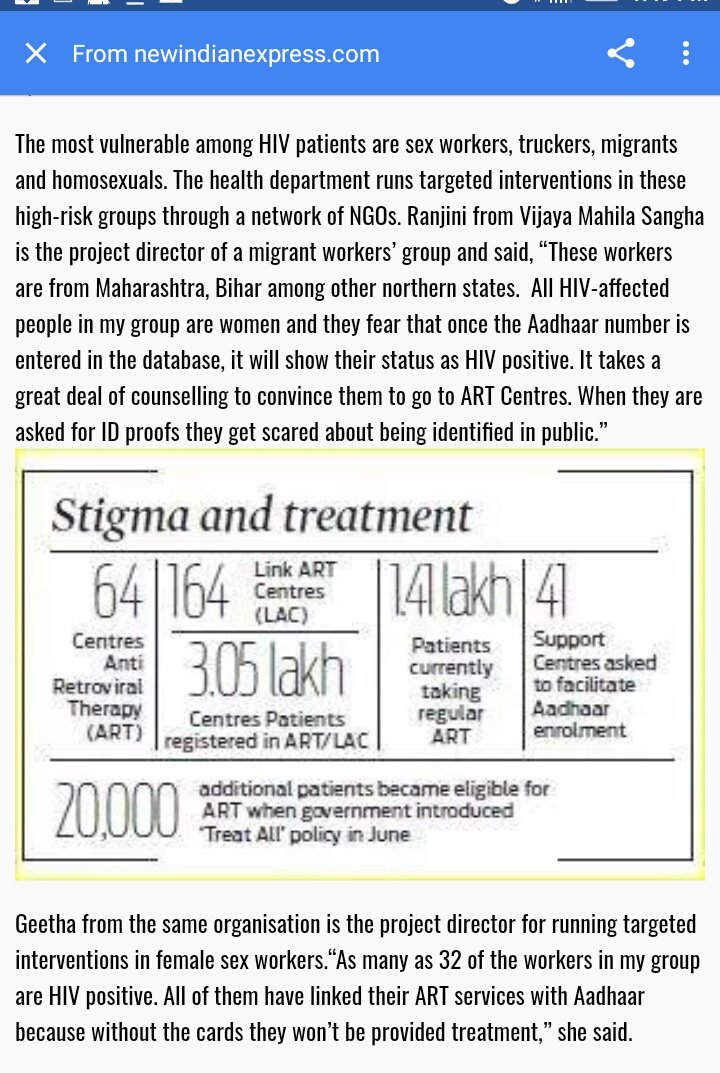Women read emotions, relationships, drama.
There is some overlap, naturally, but for the most part men and women have significantly different reading preferences.
Keep this in mind as we go along.
/1
Men's adventure.
Vigilante pulp.
Military action adventure.
Westerns.
/2
Railroad.
Aviation.
Boxing.
Baseball.
Tall tales.
/3
1. Long-running series
2. Old books
3. Indie published
4. Written by industry mainstays
/4
Thrillers.
There are also only a handful of smaller genres that appeal to men:
Military and police-themed SFF, noir and crime mysteries, tech-focused SF, adventure-centric fantasy. /5
Compounding matters is that few authors have the knowledge and experience to convincingly write in these fields.
Even fewer have the writing chops to capture and retain the readers' interest. /6
To satisfy them, writers must be able to competently portray the skills employed in their stories.
/7
It's not enough to simply churn out a book. The characters, skills, jargon, mindset, EVERYTHING must be authentic.
If what appears on the page does not match a reader's knowledge, you're likely to lose that reader. /8
Publishers today prefer to publish and promote books by women, for women.
And to propagate the myth that women are underrepresented in fiction.
/9
That is also what women writers tend to write about.
And what men tend to not read about.
Now throw in SocJus propagandizing, male bashing, and other progressive tropes, and you will turn off men. /10
It's a zero sum game. Publish and promote one author, others don't get published and/or promoted.
Elevate female-oriented fiction, male-oriented fiction falls behind.
This is how genres die. /11
However, with the advent of self-publishing, there is now a surge of male-oriented indie fiction on the market. /12
The gaps in the market are being filled.
Boys and men have a much wider range of books to choose from, and that range is growing.
With skillful writing and strategic promotion, we can get men to read fiction again.
/end





